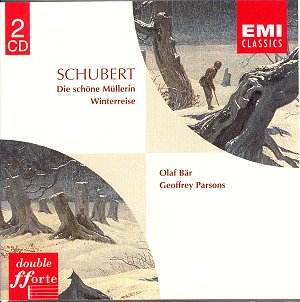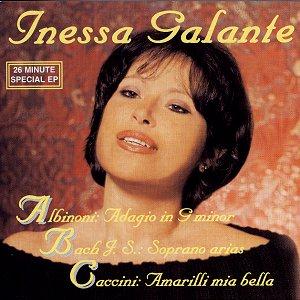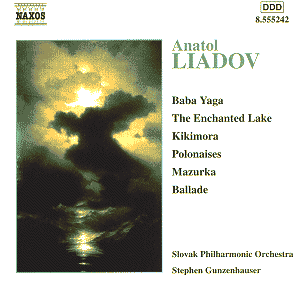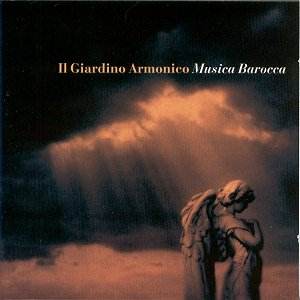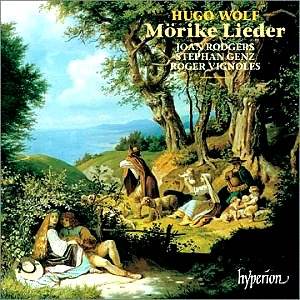 Composer: Hugo Wolf
Composer: Hugo Wolf
Works: Mörike Lieder
Performers: Joan Rodgers (soprano), Stephan Genz (baritone), Roger Vignoles (pianoforte)
Recording: Recorded September 1999 and October 2000 in the Clara-Wieck-Auditorium, Heidelberg-Sandhausen, Germany
Label: Hyperion CDA67311/2
Hugo Wolf occupies a distinctive niche within the canon of late Romantic lieder, often overshadowed by more melodically rich contemporaries like Brahms and Schubert. His Mörike Lieder, a collection of settings of poems by the Swabian poet Eduard Mörike, represent not only a high-water mark of his creative output but also a profound exploration of the human experience, from the depths of love and longing to the transcendence found in nature. This recording, performed by soprano Joan Rodgers, baritone Stephan Genz, and pianist Roger Vignoles, presents an opportunity to engage with Wolf’s complex harmonic language and intricate word-painting, which demand active listening and intellectual investment.
Rodgers brings a luminous clarity to her performance, with a voice that is both agile and resonant. Her ability to navigate the upper reaches of the soprano range is particularly striking in “Nixe Binsefuss,” where she floats high, dulcet tones that evoke the ethereal quality of the text. She demonstrates a keen sensitivity to the nuances of Wolf’s writing, particularly in “Gesang Weylas,” where her interpretation oscillates between serenity and gravity, capturing the duality inherent in Mörike’s verses. Vignoles, an accomplished accompanist, complements her voice with a piano part that is equally expressive, providing a rich tapestry of sound that enhances rather than overwhelms the vocal line. His delicate touch in “Lied vom Winde” exemplifies this partnership, where both singer and pianist meld seamlessly to convey the song’s emotional weight.
Stephan Genz’s baritone offers a warm timbre that is consistent across his range, yet there are moments where his articulation detracts from the fluidity of the line. In “Heimweh,” his approach to syllable separation—choosing to articulate each word distinctly—leads to a somewhat disjointed delivery that may lack the lyrical legato one associates with the style of bel canto. While clarity in diction is paramount, the balance between intelligibility and legato line is delicate, and Genz’s choices occasionally tip toward the former at the expense of the latter. This divergence from the ideal may be more pronounced for listeners familiar with the legato traditions exemplified by singers such as Dietrich Fischer-Dieskau, whose nuanced approach to text-setting and phrasing remains a benchmark for interpreting Wolf.
The engineering of this recording is commendable, capturing the ensemble’s sound with a clarity that allows the listener to appreciate the subtleties of both the vocal and pianistic contributions. The acoustic of the Clara-Wieck-Auditorium serves to enhance the warmth of the voices while providing a natural resonance that supports Vignoles’ piano without overpowering it. Each nuance, from the delicate shading of dynamics to the vivid contrasts in tempo, is rendered with precision, allowing for an immersive listening experience.
Comparatively, this recording stands alongside other notable interpretations, such as those by Schwarzkopf and Moore or Fischer-Dieskau with various pianists, yet it carves out its own identity through the fresh perspectives of Rodgers and Genz. The interpretative choices made here may not always align with the traditional approaches, but they nonetheless offer valuable insights into Wolf’s intricate musical world.
This collection of Mörike Lieder is an invitation to delve deeply into the emotional landscape that Wolf so vividly paints. While the challenges presented by the music may deter some listeners, those who embrace the effort will find themselves rewarded with a profound appreciation for the artistry at play. The performances are a testament to the enduring power of Lieder, and they reaffirm the importance of Wolf in the pantheon of German song.
